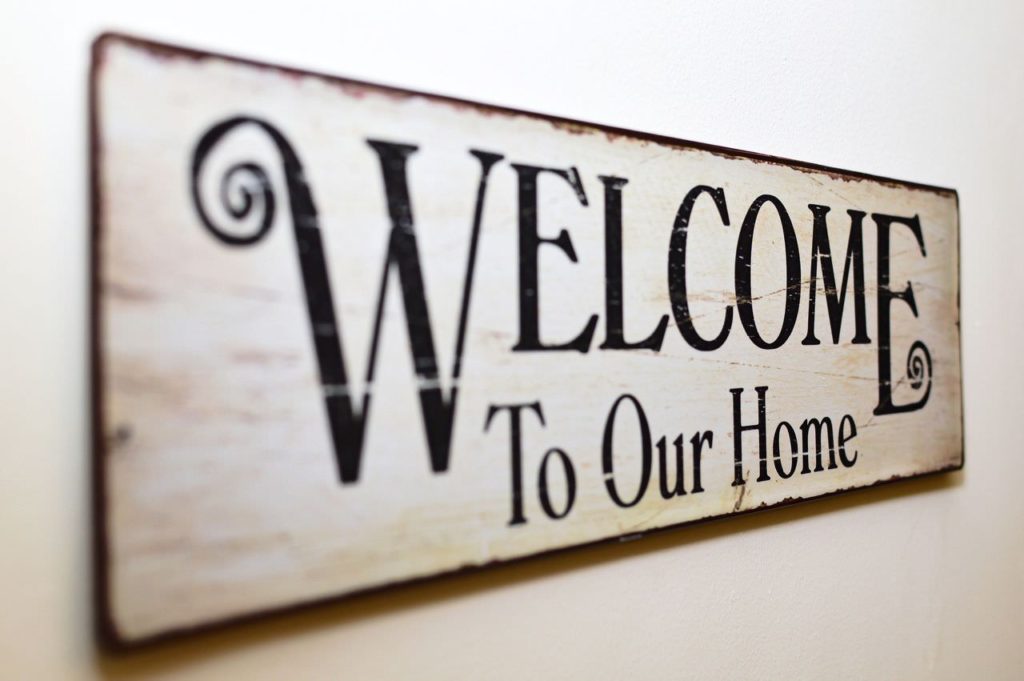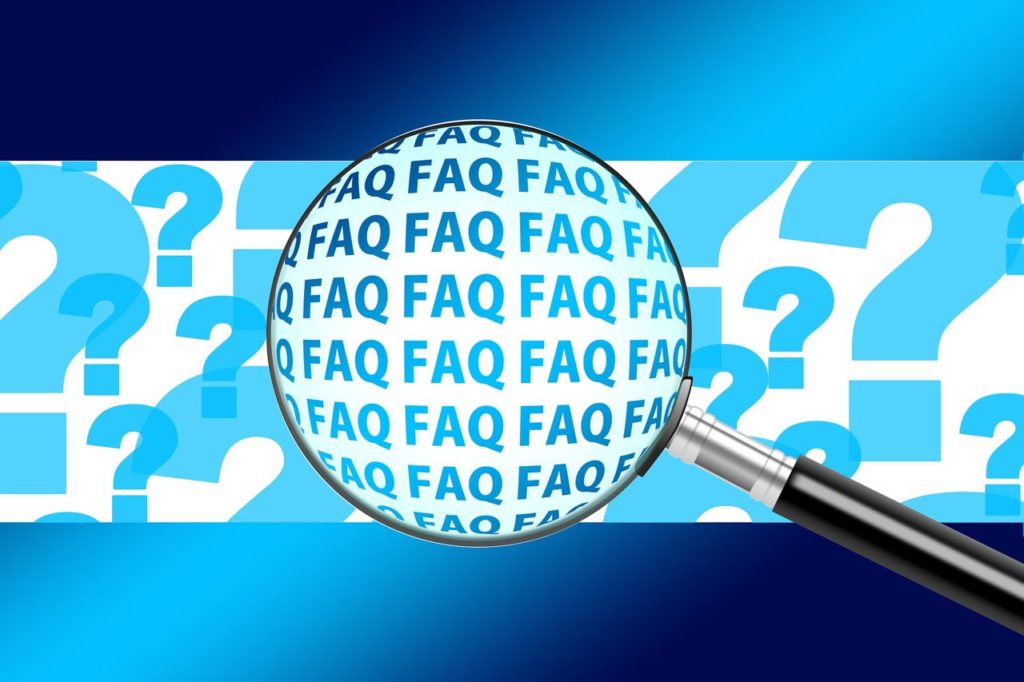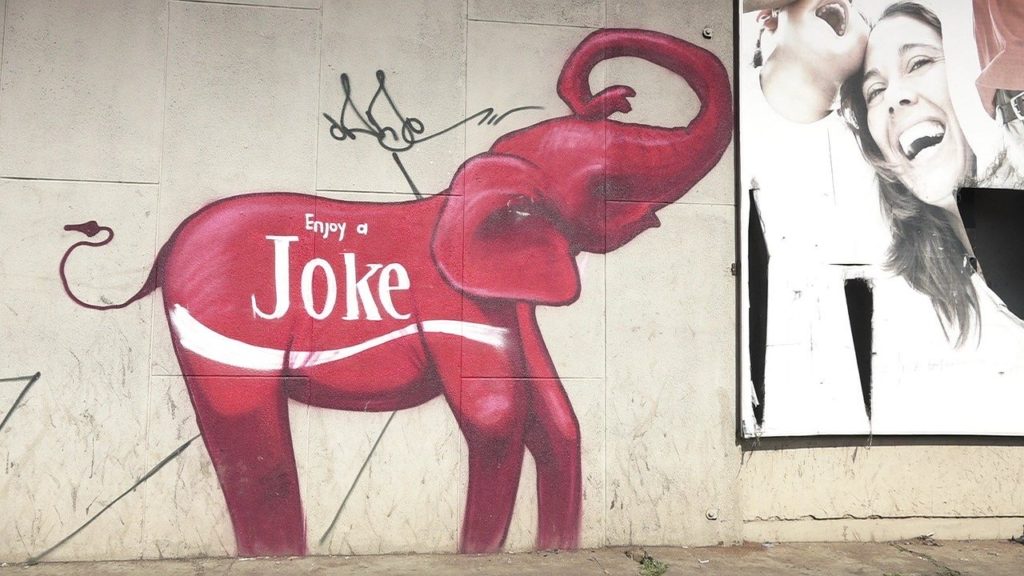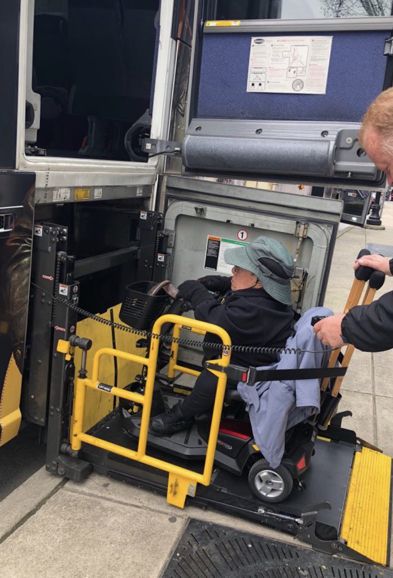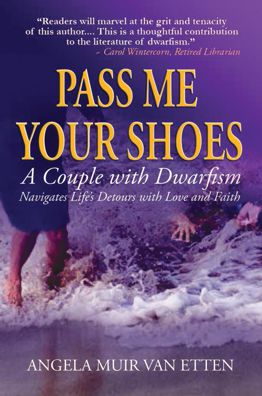
Thirty-two years have passed since I published Dwarfs Don’t Live in Doll Houses covering my years as a single person. Now the sequel—PASS ME YOUR SHOES: A Couple with Dwarfism Navigates Life’s Detours with Love and Faith—has released during DAM in October 2020.
Find out what happens when our marriage is complicated by dwarfism, different cultures and careers, dishonesty, discord, and discrimination. No-one skates through life without suffering some kind of hardship— abuse, betrayal, cancer, divorce, environmental, financial, grief, health, and so it goes through the alphabet.
Want to subscribe to receive blog updates sign up today!
As a result, people reading this book whether or not they have dwarfism, another disability, or know someone with a disabling condition will—
—relate our challenges to their own.
—experience many emotions, including: (1) joy and laughter in our love story and humorous adventures, (2) fury and frustration for frequent accounts of discrimination; and (3) empathy for relationship struggles and surgeries.
—be encouraged to persevere in tough circumstances.
—aspire to the grit and tenacity we found to succeed in life and love.
—be warned that poor decisions can lead to lasting and painful consequences.
—learn how to live every day with hope and confidence in God’s strength, love, and mercy in all circumstances.
For several years we moved from state to state looking for job stability and a place to put down roots. Our common height of three-feet-four-inches was not a common interest that could hold the marriage together. Yet, through it all, God provided new opportunities, kept us together, and close to loving family and friends.
Whether our hardships are the same or different, all can respond to the message of hope and love we offer in Pass Me Your Shoes. For us, the key was in looking to the LORD God as our strength, rock, deliverer, refuge, support and salvation. You cleared the ground under me so my footing was firm. ∞ Psalm 18:36 (the Message).
Need more persuasion that this book is a good read? Here’s a sampling of endorsements:
- “This book provides a thoughtful contribution to the literature of dwarfism.” Carol Wintercorn, Retired Librarian
- “I pray that . . . anyone who is daunted by a tough circumstance will find inspiration to pursue their dream.” Lee Fielder, former Pastor of Tropical Farms Baptist Church, Stuart, Florida
- “With great frankness, Angela relates the challenges and triumphs she has faced in marriage, family, health and career. Along the way, we learn profound lessons from her great humor, strong faith and abiding love.” Diane Tomasik, Retired Journalist and Communications Professional
Please also read the five star customer reviews at Amazon.com and order your copy of Pass Me Your Shoes during DAM. The book is also available at
Barnes and Noble, https://www.barnesandnoble.com/w/pass-me-your-shoes-angela-muir-van-etten/1137737056?ean=9780998464862 and
Books a Million, https://www.booksamillion.com/p/Pass-Your-Shoes/Angela-Muir-Van-Etten/9780998464862?id=7948378273836
For information “About the Author” go to my website at https://angelamuirvanetten.com/about/
Enter Contest to Win
(open from October 5 to November 14 midnight)
Post, tag me, and share on social media a selfie holding or reading your copy of Pass Me Your Shoes. The first 100 people to also email a copy of your selfie to angela@angelamuirvanetten.com will receive a free Dwarfism Awareness Month wrist band and an autographed bookplate to paste in your book.



